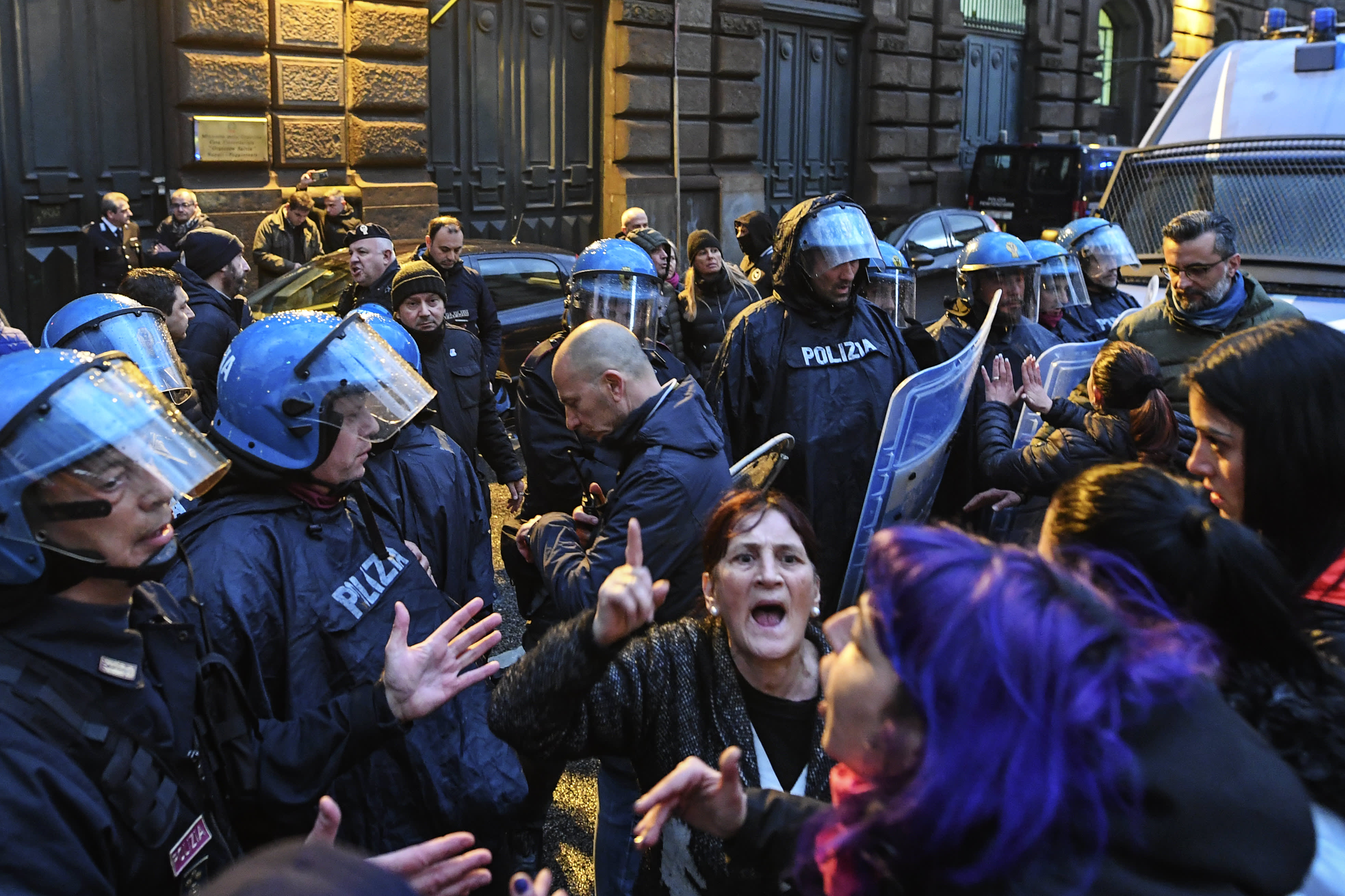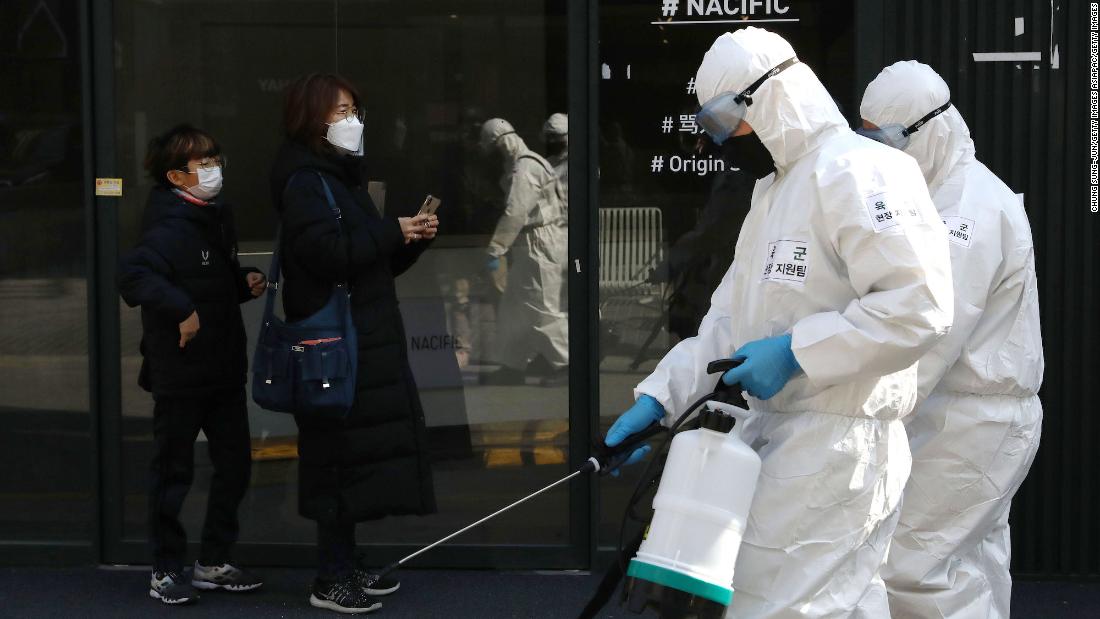Authorities in China reported the fewest number of new cases of coronavirus since infections started being tracked in January, but the epidemic is continuing to spread rapidly elsewhere around the world Monday, rattling global stock markets.
In the latest update from China's National Health Commission, the country said it detected 40 new cases of the virus in the past 24 hours, down from 44 new cases the previous day. China now has 80,735 total cases, among which 19,016 remain in treatment and 58,600 have been released. More than 3,000 have died.
Coronavirus live updates:Grand Princess to dock in California with 21 infected people; State Department issues warning
New infections in South Korea also appear to be slowing.
Other international-related coronavirus developments Monday:
- An exclusion zone in northern Italy came into effect as the number of cases there jumped to 7,375. Italy is the worst-hit nation in Europe. The Italian government is shutting down its museums, which include access to the Sistine Chapel, until April 3. Italy's quarantine order locks down 16 million people – a quarter of its population – across a large swath of its territory in the north close to Milan.
- Stock markets in London and Frankfurt dropped sharply after big losses on bourses in Tokyo and Shanghai. Investors have been on edge about the surging economic costs of the virus but further aggravating sentiment Monday: A squabble between Saudi Arabia, Russia and other major producers about how much to cut oil output to prop up prices amid the virus outbreak. Oil prices plunged more than 20%.
- France is banning events of more than 1,000 people to limit the spread of the coronavirus and recruiting recently retired medics and medical students to help deal with growing numbers of infections. The country reported 1,126 cases as of Sunday, up 19% from the day before. So far, 19 people in France have died.
- Israel is considering requiring all Israelis and foreign nationals arriving from abroad to go into self-quarantine, Prime Minister Benjamin Netanyahu tweeted.
- Iran has suspended all flights to Europe. Iran says the new coronavirus has killed another 43 people, pushing death toll to 237 amid 7,161 confirmed cases.
- Saudi Arabia has suspended pilgrimages to the Muslim holy cities of Mecca and Medina. It has also cordoned off access to many towns in the east of the country.
- A Holocaust remembrance march in southern Poland has been postponed this year because of fears about the new coronavirus sweeping the globe. The event was expected to draw 110 delegations from around the world.
- Games in Germany’s Bundesliga soccer league will take place without fans.
- Britain is holding meetings to decide to whether to implement a policy of "social distancing" to limit the outbreak's spread. This would involve banning large gatherings, mandating that people work from home where possible and limiting contact with transportation hubs and other densely populated areas.
Coronavirus fallout: Sen. Ted Cruz, Rep. Paul Gosar are self-quarantining after interacting with person who tested positive for coronavirus at CPAC
https://news.google.com/__i/rss/rd/articles/CBMiZ2h0dHBzOi8vd3d3LnVzYXRvZGF5LmNvbS9zdG9yeS9uZXdzL3dvcmxkLzIwMjAvMDMvMDkvY29yb25hdmlydXMtaW50ZXJuYXRpb25hbC1kZXZlbG9wbWVudHMvNDk5ODUyODAwMi_SASdodHRwczovL2FtcC51c2F0b2RheS5jb20vYW1wLzQ5OTg1MjgwMDI?oc=5
2020-03-09 10:51:21Z
52780654523160


